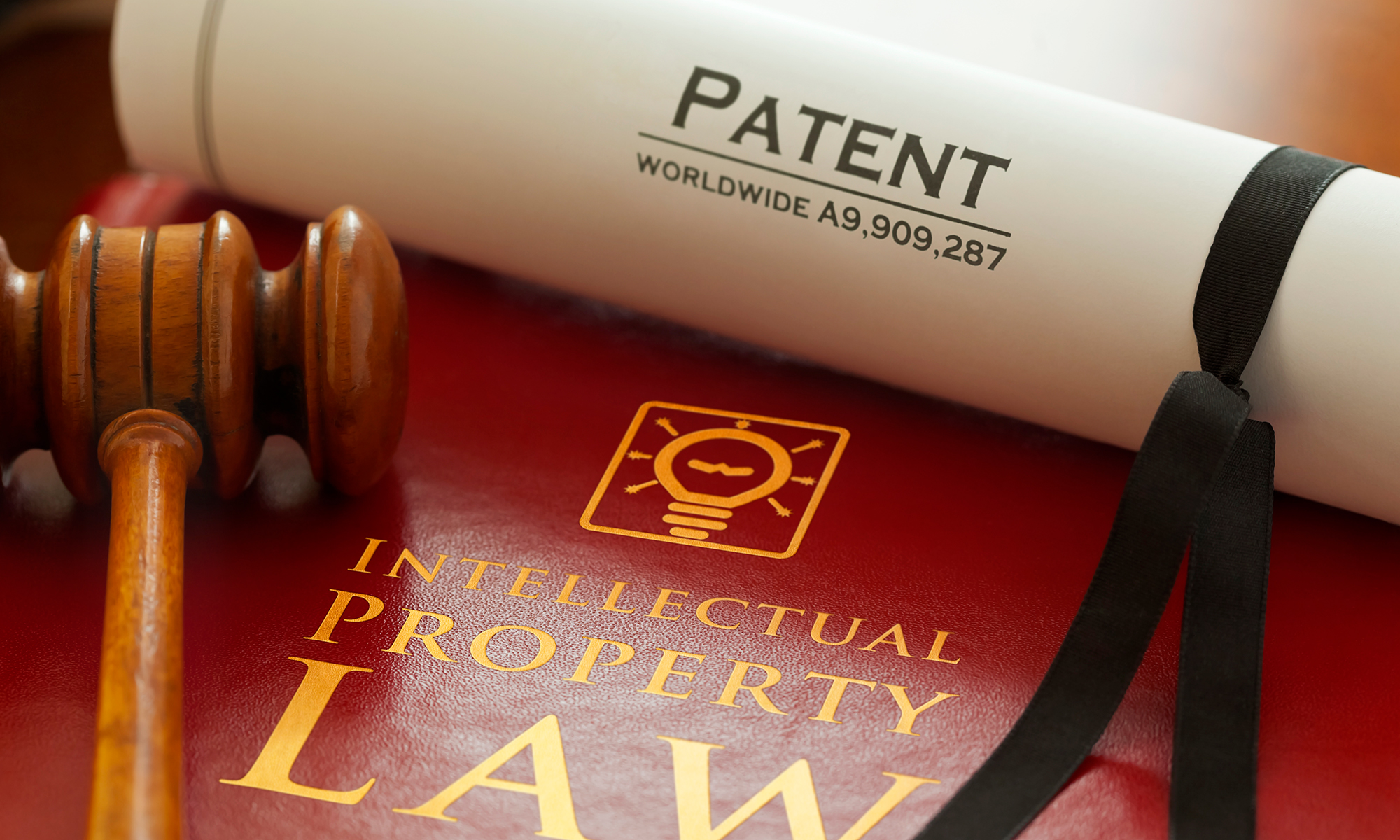This blog post was co-authored by Nicole Candelori and Justus Getty.
In a break from previous cases on the issue, the Federal Circuit in January issued an en banc decision holding that time-bar determinations in inter partes review (IPR) proceedings are appealable. Wi-Fi One, LLC vs. Broadcom Corporation Nos. 2015-1944, 2015-1945, 2015-1946, 2018 U.S. App. LEXIS 387 (Fed. Cir. Jan. 8, 2018). As a result, decisions of the Patent Trial and Appeal Board (“Board”) finding claims of several Wi-Fi One, LLC (“Wi-Fi One”) patents to be unpatentable were remanded to the Board for consideration of whether the petitioner, Broadcom Corporation (“Broadcom”), was time-barred from bringing the petitions.
Under 35 U.S.C. § 315(b), an IPR may not be instituted if a petition is filed more than one year after the petitioner, real party in interest, or privy of the petitioner is served with a complaint for patent infringement. In a 2015 decision, the Federal Circuit had held that a determination by the Board that a petitioner was time-barred was non-appealable. Achates Reference Publishing, Inc. v. Apple Inc., Achates Reference Publishing, Inc. v. Apple Inc., 803 F.3d 652, 658 (Fed. Cir. 2015). In that case, the Federal Circuit based its decision on the language of 35 U.S.C. § 314(d), which states that the Director’s determination “whether to institute an inter partes review under this section shall be final and nonappealable.”
In reversing course with the Wi-Fi One decision, the Federal Circuit relied heavily on the Supreme Court’s guidance in Cuozzo Speed Technologies, LLC v. Lee, which issued after Achates. 136 S. Ct. 2131 (2016). There, the Supreme Court left open the possibility of judicial review of Board actions under the following circumstances:
- Decisions that “implicate constitutional questions, that depend on other statutes less closely related to the institution decision, or that present other questions of interpretation that reach, in terms of scope and impact, well beyond [§ 314].”
- Final decisions where a petition fails to give “sufficient notice” such that there is a due process problem with the entire proceeding.
- Agency actions outside the statutory limits of the agency.
The Cuozzo decision presented Wi-Fi One with the opportunity to persuade the Federal Circuit that time-bar determinations should fall into a category open to judicial review.
The dispute between Broadcom and Wi-Fi One began in 2010 when Ericsson Inc. (“Ericsson”) filed a patent infringement lawsuit against Dell and Toshiba (among others). Broadcom is an indemnifying party to Dell and Toshiba, and Ericsson later transferred the patents at issue to Wi-Fi One.
In 2013, Broadcom filed three IPR petitions challenging claims in three Ericsson patents. Wi-Fi One asserted that Broadcom’s indemnity relationship with Dell and Toshiba resulted in Broadcom being in privity with defendants in patent litigation and, therefore, subject to the one-year time bar of § 315(b). The Board instituted the IPRs and denied Wi-Fi One’s request for limited discovery to investigate Broadcom’s communications with the defendants in the 2010 case. After trial, the Board’s final written decisions found the challenged claims in each of the three IPRs to be unpatentable.
Wi-Fi One appealed the Board’s final written decisions to the Federal Circuit, arguing: (1) the Board’s resolution of the time-bar issue was fundamentally flawed and (2) the Board’s unpatentability determinations were premised on several reversible errors. After a Federal Circuit panel upheld the Board’s final written decisions, Wi-Fi One petitioned for rehearing en banc.
In the en banc decision, the Court noted that the time-bar provision controls the Director’s authority to institute IPR, which is unrelated to the Director’s preliminary patentability assessment in § 314(a). They therefore determined that the time-bar provision is not closely tied to the institution decision, thus putting it the first category left open to judicial review by the Supreme Court in Cuozzo. The Federal Circuit remanded this case to the Board to consider the merits of Wi-Fi One’s argument that Broadcom is time-barred.
In view of the Wi-Fi One decision, Board determinations regarding whether a petitioner is time-barred from bringing a petition for inter partes review now appear to be appealable to the Federal Circuit.
